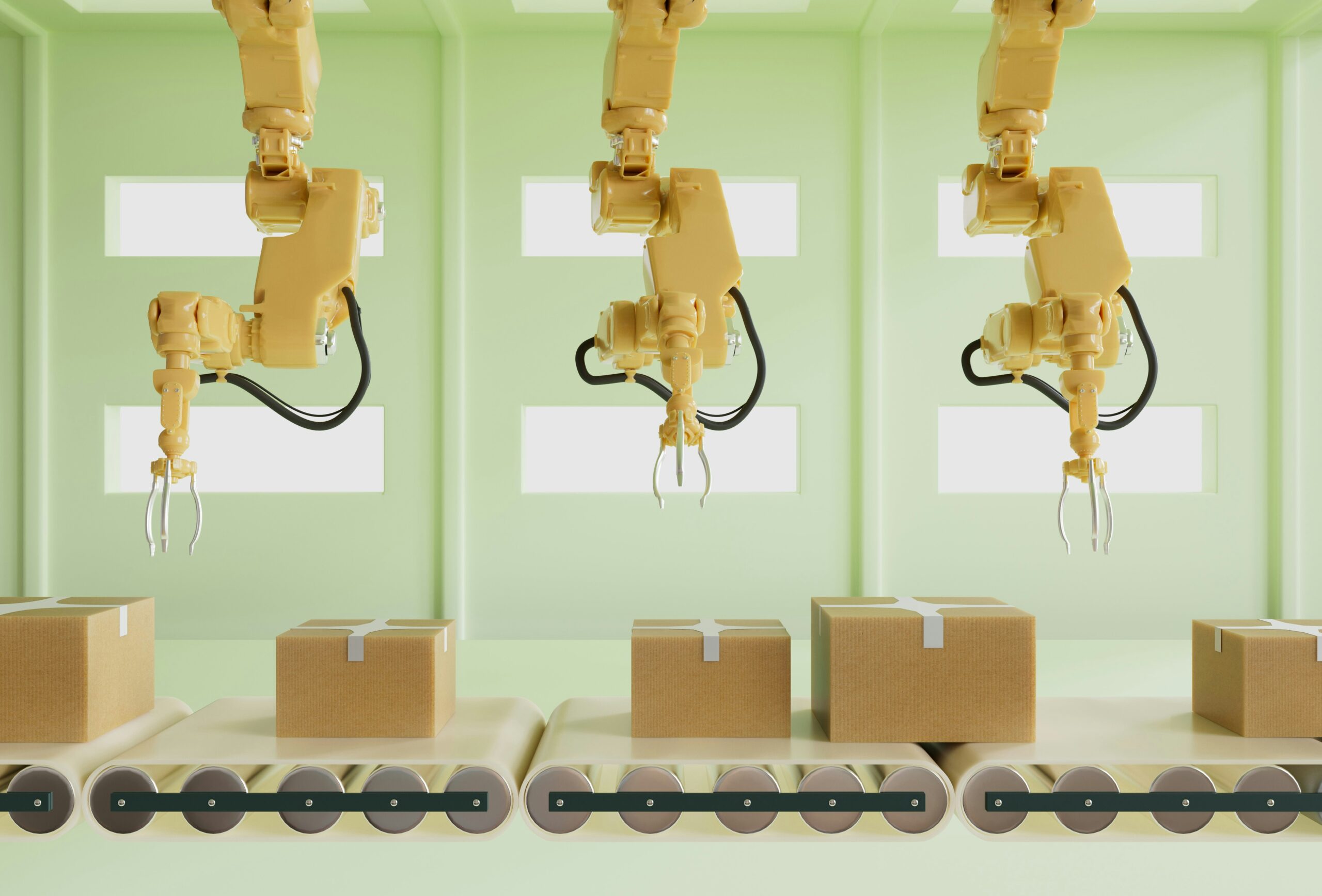
In today’s fast-paced digital world, high-tech industries are transforming the way we live, work, and communicate. From semiconductors and electric vehicles to artificial intelligence and space technology, these sectors are leading a global wave of innovation. However, as technology evolves, the demand for advanced raw materials becomes more critical, and so does the need for a reliable, secure, and independent supply chain. The future of high-tech industries doesn’t just rely on cutting-edge ideas or powerful machines. It hinges on the strength, stability, and independence of their material supply chains.
The Foundation of Innovation: Raw Materials
Every modern device, gadget, or system depends on a vast network of materials. Semiconductors need rare earth elements—lithium powers electric vehicle batteries. Fiber optics require specialized glass and metals. These raw materials are the invisible foundation of high-tech innovation. Without them, progress stalls.
The challenge, however, is that many of these materials are concentrated in specific countries or controlled by a handful of suppliers. This dependence creates significant risks for both tech companies and governments. Geopolitical tensions, trade restrictions, natural disasters, or even pandemics can disrupt the flow of critical supplies, slowing down production and driving up costs. In a global market that thrives on speed and precision, even short-term shortages can have long-term consequences.
Why Independence Matters
An independent material supply chain means having control over where and how resources are obtained, processed, and distributed. It doesn’t mean that every country or company must mine or manufacture everything domestically. Instead, it’s about building resilience through diversification, local capacity, and strategic partnerships.
When supply chains are independent and diversified, industries can better withstand external shocks. They are less likely to face interruptions that derail manufacturing or innovation timelines. Independence also gives companies the freedom to innovate without constantly worrying about sourcing issues or political restrictions. It encourages sustainable practices and opens the door for more ethical sourcing of materials, which is becoming increasingly important for investors, regulators, and consumers.
Learning from Recent Disruptions
The COVID-19 pandemic exposed the vulnerability of global supply chains across many sectors, including high-tech industries. Sudden shutdowns in manufacturing hubs resulted in massive delays in the production of electronics, chips, and components. At the same time, rising tensions between major powers, such as the United States and China, have raised concerns about overreliance on foreign materials, particularly for critical technologies like semiconductors and 5G infrastructure.
These events serve as a wake-up call. Countries and companies are now reevaluating their supply networks, pushing for reshoring production and increasing investment in domestic resources. The aim is to reduce dependencies and create a more secure foundation for the future.
The Role of Technology in Strengthening Supply Chains
Ironically, the same high-tech industries that rely on raw materials also offer tools to make supply chains more independent and efficient. Advanced analytics, blockchain, and AI-driven forecasting can help companies predict shortages, optimize sourcing, and trace materials back to their origin. Robotics and automation can reduce labor costs, making local production more feasible. Meanwhile, innovations in recycling and the development of synthetic materials are creating alternatives to traditional mining.
As these tools mature, they will play a crucial role in creating a more intelligent and resilient material network. But technology alone is not enough. Governments and industry leaders must collaborate to support research, fund infrastructure, and develop policies that foster sustainable and independent supply chains.
Global Cooperation with Local Focus
While independence is the goal, isolation is not the answer. The future of high-tech industries will depend on smart cooperation. Countries must form alliances that enable them to share knowledge, trade responsibly, and invest in shared objectives. At the same time, each region should aim to develop its strengths—whether that’s mining, refining, manufacturing, or research and development.
This balanced approach ensures that no single nation or company becomes too dominant or too vulnerable. It promotes healthy competition and helps create a more stable global tech ecosystem. The more players involved in developing and distributing high-tech materials, the less likely the world is to suffer from supply bottlenecks or political manipulation.
Sustainability as a Core Principle
A key benefit of independent supply chains is the opportunity to make them more sustainable. By reducing long shipping routes, minimizing over-reliance on single sources, and promoting ethical labor practices, the tech industry can align its operations with growing environmental and social expectations.
As consumers demand greener electronics and governments enforce stricter environmental standards, sustainable sourcing is no longer optional. Independent supply chains enable companies to integrate sustainability into the core of their production processes, making them more attractive to both markets and investors.
The Path Forward
The high-tech industries of tomorrow will be defined not only by what they invent but by how they source the materials that make those inventions possible. Independent material supply chains are no longer a luxury—they are a necessity. They ensure stability, support innovation, promote sustainability, and protect against external threats.
As we look to a future filled with more innovative devices, faster communication, and cleaner energy, we must remember that every advancement starts with the right materials in the right place at the right time. By investing in independent supply chains today, we secure the foundations of tomorrow’s high-tech world.